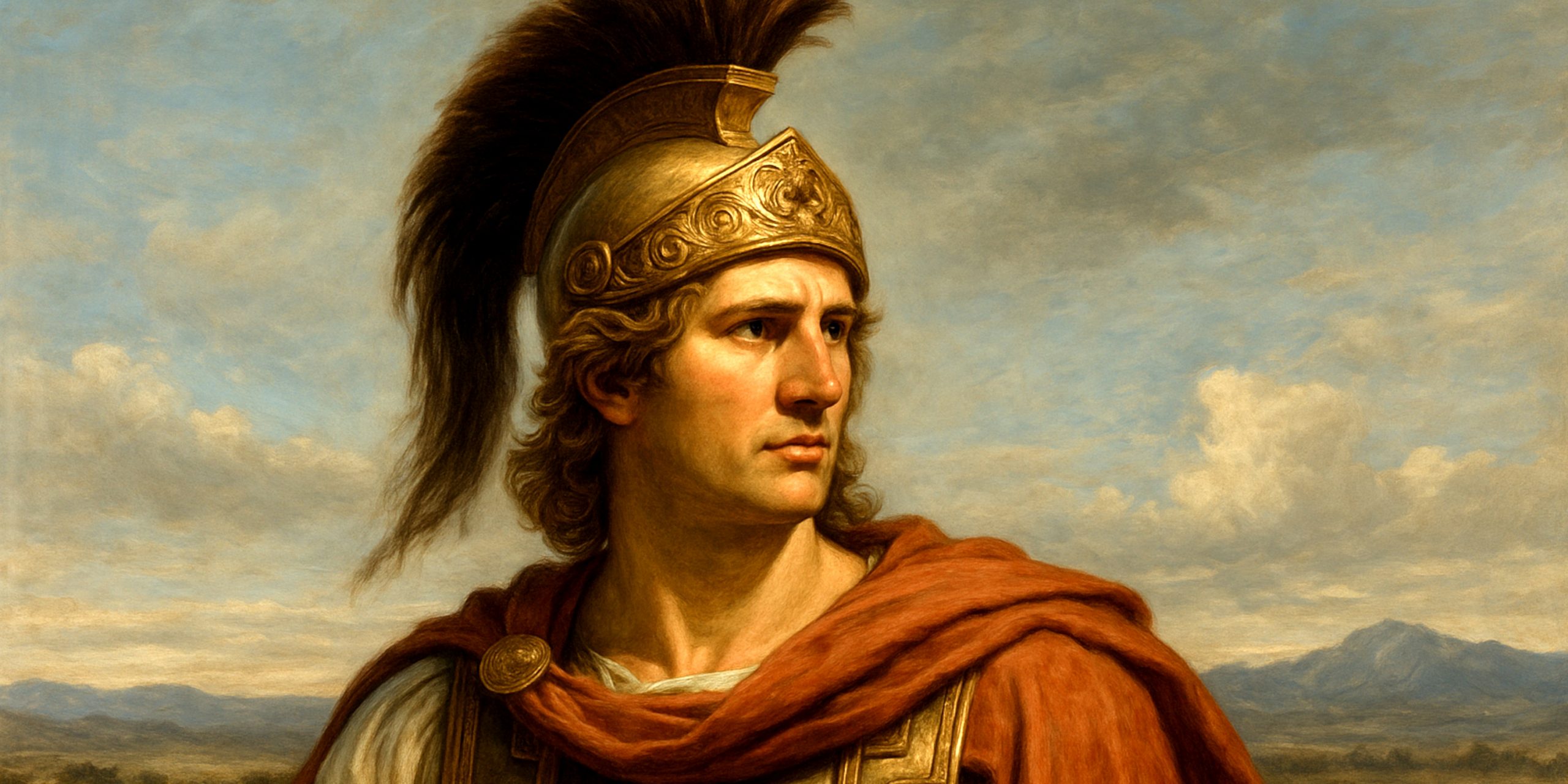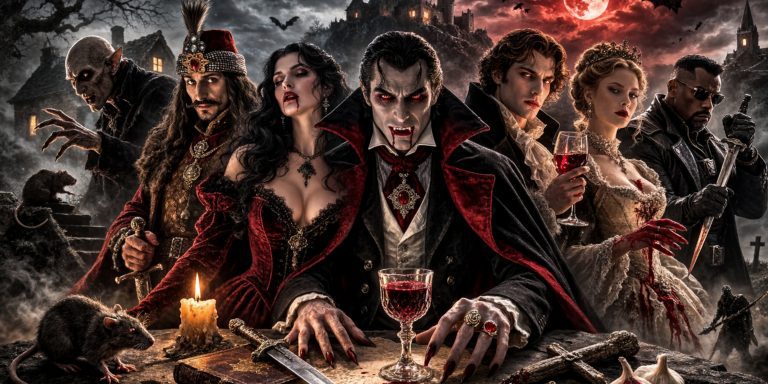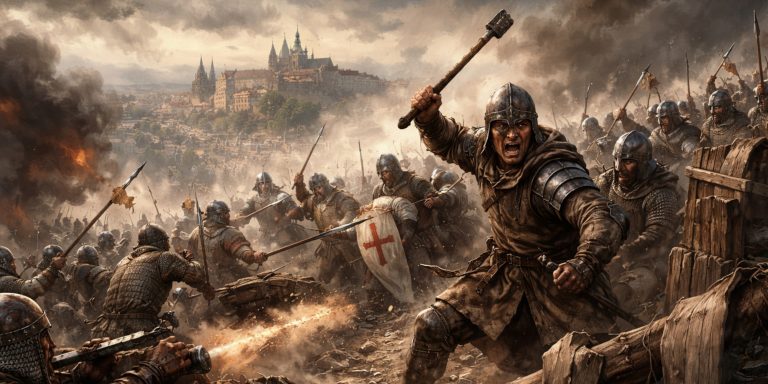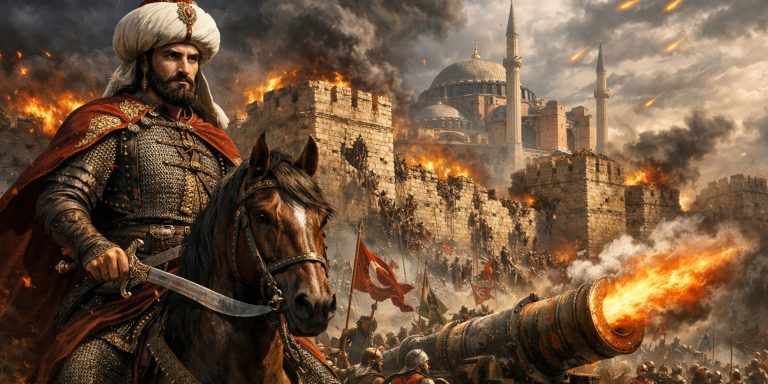
Alexander the Great has been called a genius, a god, a butcher, and just about everything in between. The trouble is, when someone lives large in both history and legend, it becomes hard to separate what’s fact from what’s fanciful. Let’s cut through the marble statues, grand speeches, and Hollywood glitz. Here are seven facts about Alexander that hold water, and seven myths that deserve to be thrown out with yesterday’s wine.
The Facts
1. He never lost a battle
This isn’t propaganda, it’s true. From the Granicus to Gaugamela, Alexander stacked up victories with unnerving consistency. He fought larger armies and still managed to leave them in tatters.
2. He was taught by Aristotle
Yes, that Aristotle. For three years, Alexander had the philosopher as his personal tutor. Imagine being set homework by one of the greatest minds in history, then going off to conquer half the known world.
3. He founded over 20 cities
Most famously, Alexandria in Egypt, which still thrives today. Some of the others were less successful and vanished into the dust. Still, he had a knack for sticking his name on the map.
4. His empire stretched from Greece to India
By the time he was done, his territory covered more land than anyone in the ancient West had ever seen. His soldiers probably thought they were marching straight off the edge of the world.
5. He encouraged cultural blending
Alexander married a Bactrian princess, Roxana, and nudged his officers to take local wives too. His idea of fusing Greek and Persian culture wasn’t entirely popular, but he pushed it anyway.
6. He drank far too much
Not a shocker, but worth noting. Banquets with gallons of wine were normal, and some historians think his early death at 32 was sped along by his excessive drinking.
7. His death remains a mystery
Poison, fever, malaria, typhoid, even West Nile virus have all been suggested. Nobody really knows what killed him, which makes for endless speculation.
The Myths
1. He was short
Forget the Napoleon comparison. Alexander was probably of average height for his time, around 5 foot 7 or so, not a pint-sized warrior charging at giant Persians.
2. He was gay and nothing else
He had close relationships with men, especially Hephaestion, but he also had wives and children. Ancient sexuality doesn’t fit neatly into modern boxes, so any sweeping claims are oversimplified.
3. He cut the Gordian knot with a sword
It makes a great story: the prophecy of whoever unravels the knot ruling Asia, solved by Alexander slicing straight through it. Problem is, some sources say he actually untied it the old-fashioned way. Less flashy, more practical.
4. He wanted to be worshipped as a god
Not quite. He leaned into the divine image for politics, but most of his followers treated it with eye-rolls. In Macedonia, people still called him king, not god.
5. He died from poison
The favourite conspiracy theory. In reality, the symptoms described in ancient sources suggest disease. Poison strong enough to kill him over days without wiping out everyone else at the feast would have been near impossible.
6. He planned to conquer the entire world
The “world” to the Greeks was a lot smaller than the globe we know today. He didn’t even know about China or the Americas. His ambitions were big, but not quite cosmic.
7. He burned Persepolis out of pure revenge
The story is he torched the Persian capital to pay back Xerxes for burning Athens. In truth, it might have been a drunken party that got out of hand. Think less calculated vengeance, more bonfire gone wrong.
The Sevenswords Takeaway
Alexander the Great is fascinating because he sits halfway between real history and mythmaking. Strip away the legends, and you still get a young king who reshaped the ancient world before most people today have finished paying off their student loans. You don’t need him to be a god, or a flawless hero, for his story to stay extraordinary.










